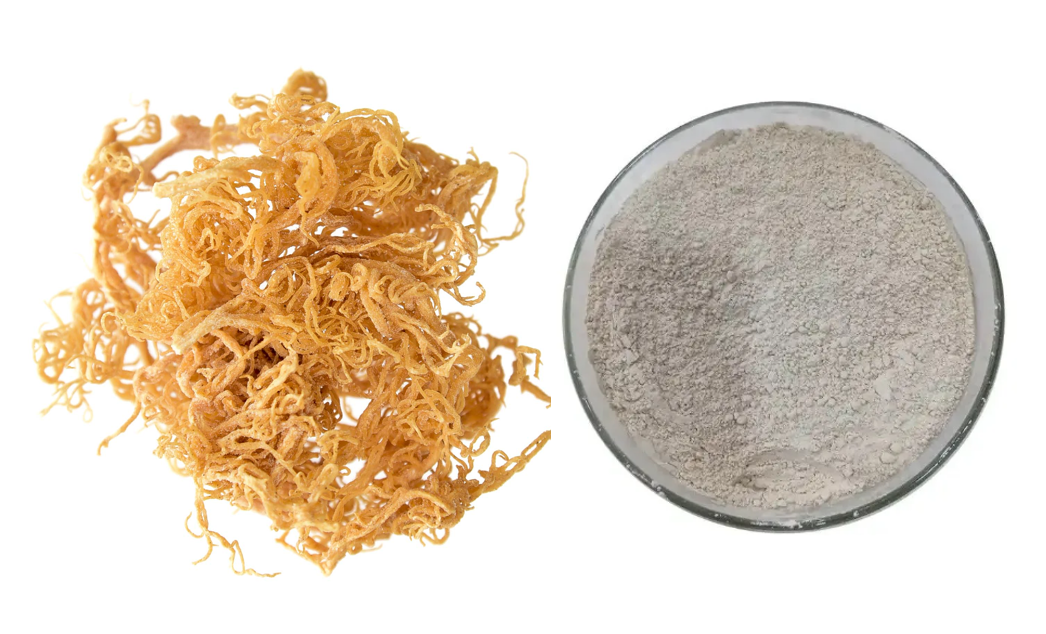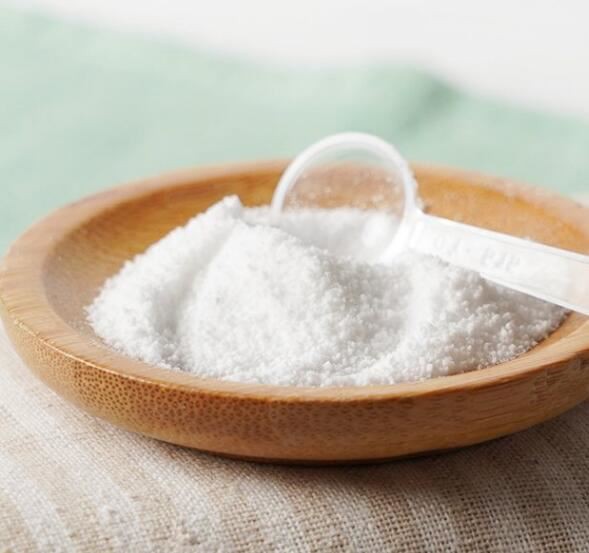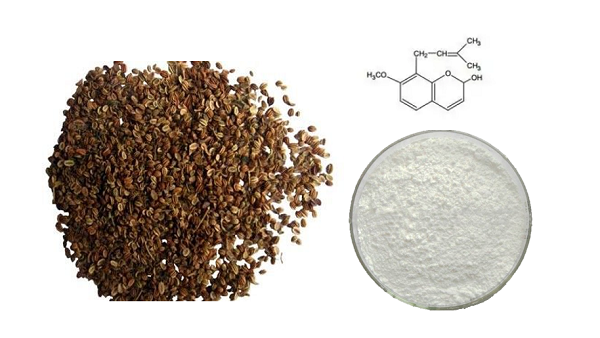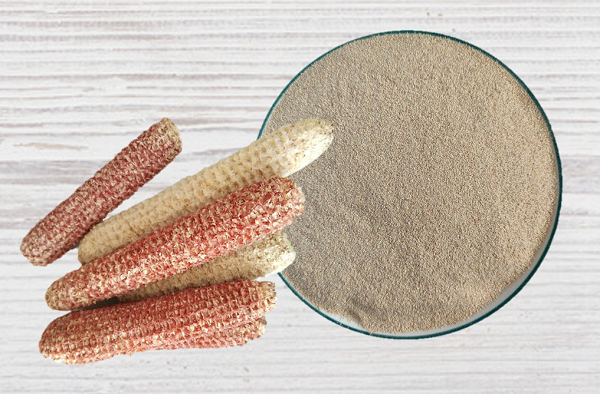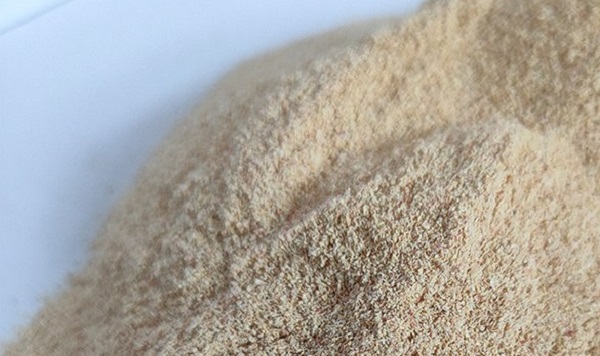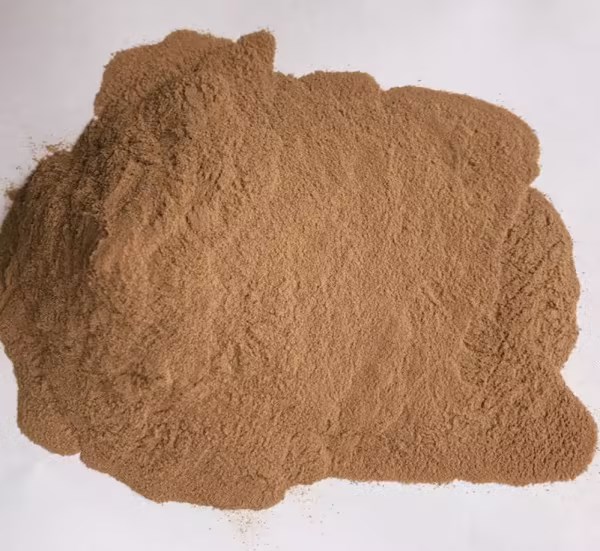Follow Us:
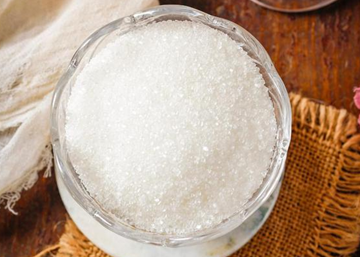
Is erythritol bad for dogs? Learn the facts.
Is Erythritol Harmful to Dogs?
Erythritol is generally considered safe for dogs in moderate amounts. Unlike xylitol, which is extremely toxic to dogs, erythritol does not cause a dangerous drop in blood sugar (hypoglycemia) or liver damage. However, large quantities of erythritol may cause gastrointestinal distress, including diarrhea, bloating, or gas. Dogs do not digest sugar alcohols like erythritol well, and consuming too much of it could lead to stomach upset. As a erythritol manufacturer, we will give you a specific introduction to erythritol.
What is Erythritol?
Erythritol is a sugar alcohol that is commonly used as a low-calorie sweetener. It occurs naturally in small amounts in fruits like grapes, pears, and melons, and is commercially produced via fermentation of glucose. Erythritol is roughly 60-80% as sweet as table sugar but has almost no calories, making it a popular choice in low-calorie foods. It is often found in products marketed to people with diabetes or those following a ketogenic or low-carb diet.

Manufacturing
Erythritol is manufactured by using enzymatic hydrolysis of the starch from corn to generate glucose. Glucose is then fermented with yeast or another fungus to produce erythritol. A genetically-engineered form of the yeast Yarrowia lipolytica has been optimized for erythritol production by fermentation by using glycerol as a carbon source and high osmotic pressure to increase yields up to 62%.
What Effect Does Erythritol Have in Pet Food?
Erythritol is used in pet food primarily as a sweetener or flavor enhancer, especially in sugar-free or low-calorie treats or functional foods. In pet foods, erythritol is typically added to improve the palatability of low-sugar formulas, or in treats formulated for pets with diabetes or weight issues.
- Benefits for Pets: Erythritol adds sweetness without contributing significant calories, which can be beneficial in weight management diets. It is also a safer alternative to other sweeteners, like xylitol, which is toxic to dogs.
- Potential Issues: Although erythritol is not toxic to dogs, it is not well-digested, and large amounts could lead to gastrointestinal upset. Symptoms like diarrhea, bloating, or gas may occur if a pet consumes too much of it.
Nutritional Content of Erythritol
Erythritol is a zero-calorie sweetener, which makes it very popular in low-calorie diets. The nutritional content is as follows:
- Carbohydrates: Erythritol is a sugar alcohol that is technically a carbohydrate, but it does not raise blood sugar levels.
- Sugar: Erythritol is not sugar, although it tastes sweet. It does not contribute to blood sugar spikes.
- Fiber: Erythritol is often classified as a sugar alcohol, but it doesn’t contain fiber and has no impact on glycemic index.
Since erythritol is poorly absorbed in the digestive system, it passes through the gastrointestinal tract mostly intact, which is why it has so few calories.

Difference Between Erythritol and Xylitol
Both eritritol and xylitol are sugar alcohols used to sweeten foods, but they have very different effects on animals, particularly dogs.
Key Differences:
- Toxicity to Dogs:
- Xylitol is extremely toxic to dogs. Even small amounts can cause severe hypoglycemia (low blood sugar), which can lead to seizures, liver failure, and even death.
- Erythritol is not toxic to dogs. It does not cause a drop in blood sugar or liver damage, making it a safer choice for use in pet food.
- Digestibility:
- Both erythritol and xylitol are not fully absorbed in the dog’s digestive system and can cause gastrointestinal issues like diarrhea, gas, and bloating if consumed in large quantities.
- Erythritol is more easily tolerated by pets than xylitol because it does not have the same harmful effects.
- Sweetness:
- Xylitol is much sweeter than erythritol, making it more likely to be used in commercial sweeteners and food products.
- Erythritol is about 60-80% as sweet as sugar, providing a milder sweetness without the same potential for harm.
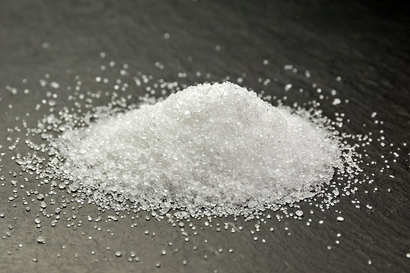
How to Judge the Quality of Erythritol?
As erythritol supplier, we ensure that the product is of high quality. Here are some factors to consider :
- Purity: Look for a product with high purity (ideally around 99% or higher) and minimal additives or fillers.
- Source: Erythritol should be food-grade and derived from safe and natural sources, typically via the fermentation of glucose (often from corn or wheat). Organic certification or non-GMO labeling can be a good indicator of quality.
- Processing Method: The product should be properly processed to avoid contaminants. Some lower-quality eritritol may contain residues from the manufacturing process.
- Labeling: Always read the ingredient list. Erythritol should be the primary ingredient if it’s being sold as a sweetener, and there should be no harmful additives like artificial colors or flavors.
Where Can Erythritol Be Bought?
GREEN AGRI is a pet food ingredients manufacturer with 20 years of experience. We specialize in producing high-quality Erythritol for sale. Just send an email to info@greenagribio.com to get Erythritol.
Our Erythritol comes from a reliable planting base and uses a special process to retain the nutrients of the Erythritol to the greatest extent. It does not contain additives, pesticide residues, or heavy metals. Our Erythritol powder has passed Halal and organic certifications and is very suitable for adding to your pet food.
Conclusion
Erythritol is safe for dogs in moderation, unlike xylitol, which is toxic. It is used in pet food primarily as a low-calorie sweetener to improve flavor, especially in sugar-free or weight management products. Although it is non-toxic, large amounts of erythritol could cause gastrointestinal discomfort in dogs, so it should be used cautiously. When purchasing erythritol, ensure it is food-grade, free from harmful additives, and of high purity. Always check the quality and source of the product to ensure it is safe and effective for use in pet food products.
Reference:https://en.wikipedia.org/wiki/Erythritol#See_also













